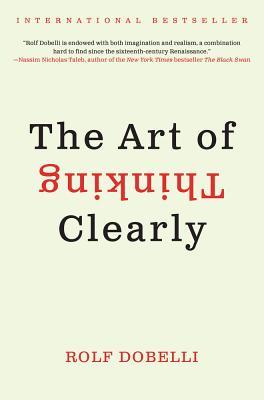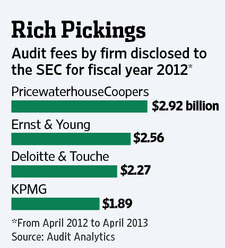How do you compete with a free operating system? Try paying people
By Leo Mirani — April 16, 2013
China’s e-commerce juggernaut Alibaba has finally found some takers for its mobile operating system, known as AMOS, or the Alibaba Mobile Operating System. It announced yesterday that five handset makers—KONKA, ZOPO, Amoi, G’Five, and Little Pepper—will release devices running on AMOS. This is a big deal for the company, which has had trouble finding willing partners. Google claims Alibaba’s OS is based on but incompatible with Google’s Android software. Alibaba disputes this, saying it only uses some Android tools to give users access to third-party applications. It doesn’t matter. Google’s position means AMOS can’t be adopted by any of the firms that are part of the Open Handset Alliance, a Google-run body that coordinates Android versions. That’s basically all the biggest manufacturers except Apple and Nokia. So why would any manufacturers, Chinese or otherwise, want to use AMOS when they can get Android for free and do near whatever they want to with it? Two reasons stick out.
The first is speculation on our part. The Chinese government frets about the dominance enjoyed by Android in the country, where it enjoys a market share of 86%. (The government is not crazy about Apple either but that’s another story.) China is not the only one worried about the reliance of local firms on foreign providers—the US has its own concerns about Huawei, a Chinese manufacturer of unsexy but essential networking equipment. But unlike America, which considered banning the use of Huawei equipment, China is pushing domestic firms to compete with Google. That means AMOS probably has Beijing’s blessings.
The second reason is clearer. The best way to compete with a free product is to offer a better free product. Alternatively, you could try paying people to use your stuff. Alibaba, whose OS is too young and too small to be a serious challenger to Android, went for the second option. The company will pay handset makers a monthly fee of 1 yuan (16 cents) for every AMOS user. App-makers benefit too. Alibaba is setting up a one billion yuan fund that it will deploy as incentives for developers—though it did not say how that money would be used. In addition, Alibaba is also working on easy financing which would allow customers to buy the phone without having to pay anything upfront. Unlike some other new Chinese operating systems that rely on hype to make up for the lack of revolutionary features, Alibaba’s OS is pretty interesting. For one thing, it will do most of the heavy lifting in the cloud (on Alibaba’s servers) rather than on phones. That means no more of those constant, annoying updates. It is also important for Alibaba’s core e-commerce business—the company will want to ensure it is has a strong strategy in mobile-based shopping before its widely expected IPO in the coming months.









